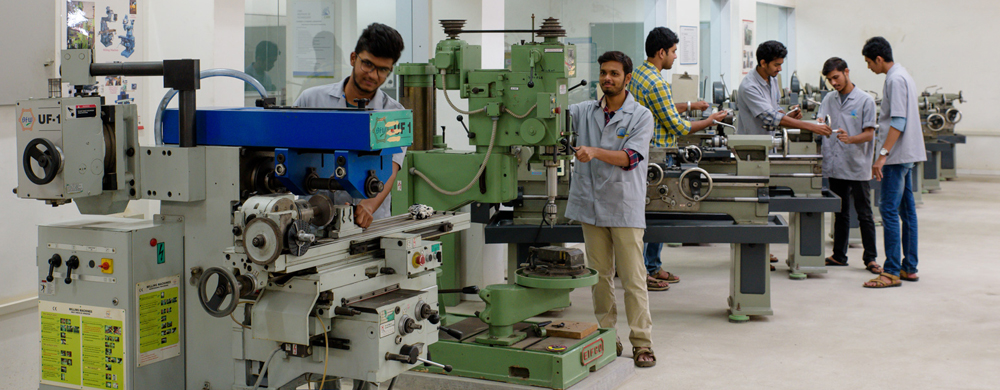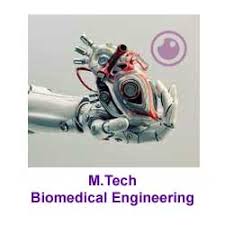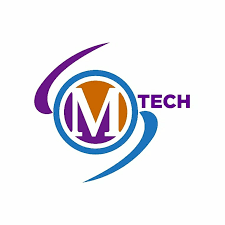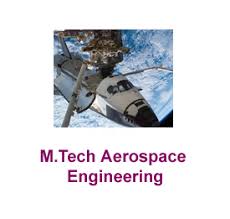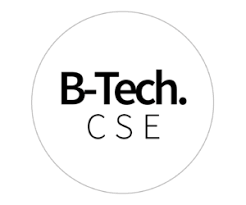B.Tech. Mechanical Engineering is a 4-year undergraduate curriculum that focuses on the design, manufacture, and maintenance of mechanical systems. Students study thermodynamics, fluid mechanics, materials science, and machine design. The curriculum integrates academic knowledge with practical applications via laboratory work and projects. Graduates are prepared to work in industries such as automotive, aerospace, robotics, and energy, or to further their education in specific disciplines of mechanical engineering.

